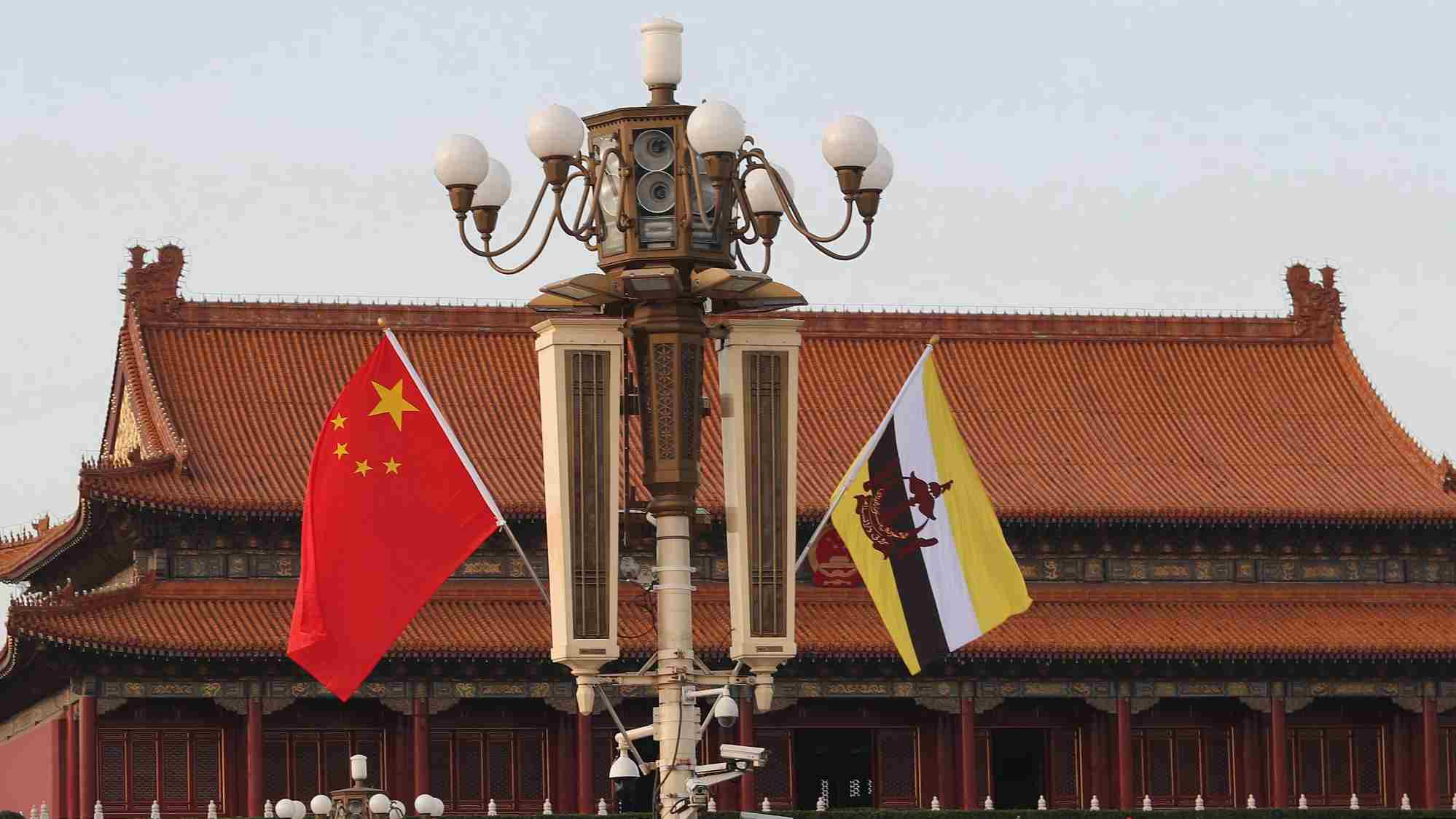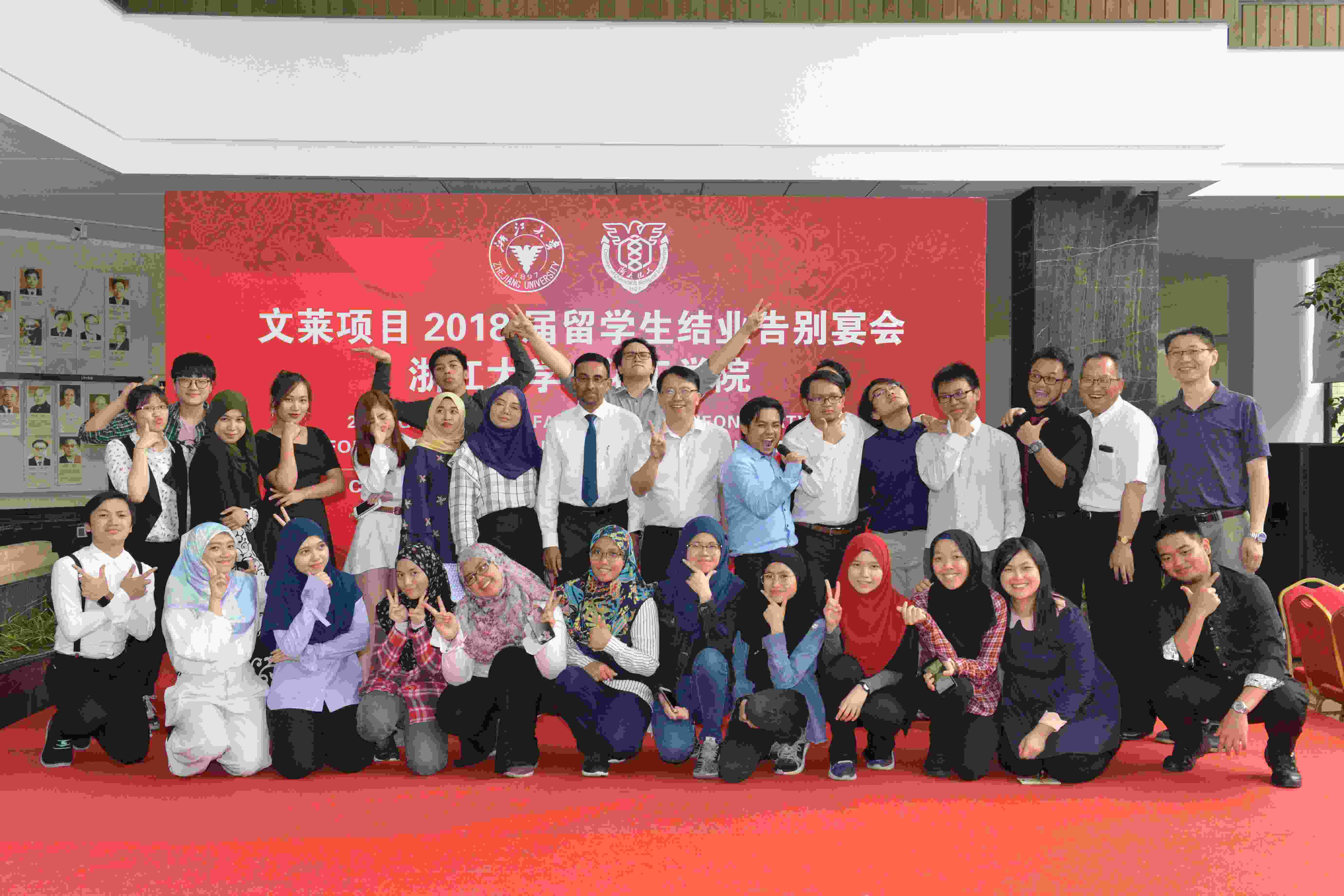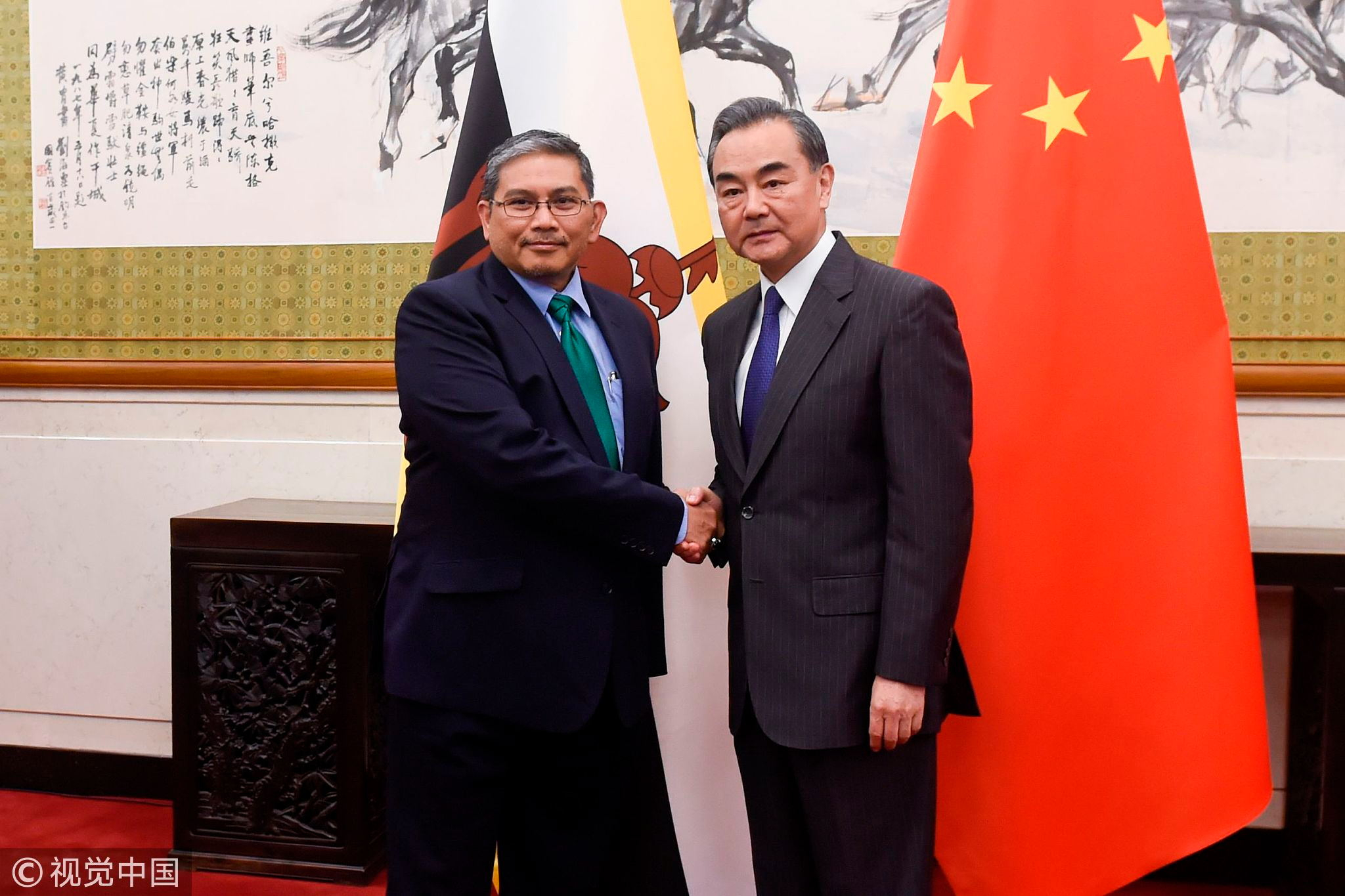
Opinions
11:49, 20-Nov-2018
Opinion: How China and Brunei reached a strategic cooperative partnership
Updated
10:50, 23-Nov-2018

Editor's Note: This article is an edited translation, published by China Plus on November 19, 2018, of a commentary from the Chinese-language "Commentaries on International Affairs."
China and Brunei have agreed to upgrade their relationship to a strategic cooperative partnership, pledging to promote mutual trust in politics, mutual benefit in economic matters, mutual understanding in people-to-people and cultural exchanges, and mutual assistance in multilateral affairs. The past half-decade has seen a lot going on between the two sides.
As the third largest oil producer in Southeast Asia and the fourth largest natural gas producer in the world, Brunei's oil and gas sector accounts for about 60 percent of its national economy. But in recent years, its economy has been hit hard by plummeting oil prices on the international market. The government of the Sultanate has put forward a long-term development plan, Brunei Vision 2035, also known as Wawasan 2035, in an attempt to make inroads toward economic diversification.
However, during this crucial transitional period, a number of foreign investors have made a decision to leave the country. At the beginning of 2018, international banks such as Citibank and HSBC shut down their operations in Brunei. But one Chinese bank, Bank of China, has bucked that trend, opening a branch there in 2016, creating a much-needed source of capital for the country's economic diversification drive.

Students from Brunei pose for a graduation photo at Zhejiang University in eastern China. /CGTN photo
Students from Brunei pose for a graduation photo at Zhejiang University in eastern China. /CGTN photo
In fact, China has been moving to more closely cooperate with Brunei in its economic development over the past few years. The two sides first established diplomatic ties in 1991 and jointly made efforts to enhance their bilateral ties. In 2013, Chinese President Xi Jinping announced his flagship Belt and Road Initiative, which has received a positive response and support from the Bruneian side.
The two countries then signed an MOU designed to help integrate the BRI with Brunei's Vision 2035 program. The marrying of the BRI and Vision 2035 has injected new momentum into the development of bilateral relations.
Over the past five years, Brunei, along with other ASEAN countries, has become a founding member of the China-initiated Asian Infrastructure Investment Bank. In 2017, two-way trade increased by 36.5 percent year-on-year, hitting 1 billion US dollars, and Brunei's exports to China surged by 58.8 percent year-on-year as well.
An increasing number of Chinese firms are investing in Brunei. The largest joint venture, the Hengyi Petrochemical Project, which includes a total investment of around 15 billion US dollars, is now under construction. Upon its completion in 2022, the project should create around 10,000 jobs for the local residents. The Brunei-Guangxi Economic Corridor project planned 4 years ago is also expected to bring in more Chinese investment.
Apart from their cooperation in economics and trade, the Chinese side has actively participated in the construction of Brunei's infrastructure, helping build such projects as the Pulau Muara Bridge, the Telisai-Lumut Highway and the Ulu Tutong Dam. These projects have helped improve connectivity throughout the Sultanate.
The soon-to-be-completed Temburong Bridge, the largest infrastructural project in Brunei's history, will connect the two main regions of the country, cutting the travel time from over two hours to only 20 minutes.
People-to-people exchanges have also drawn the two countries closer together. In 2003, China granted Bruneian citizens visa exemptions. In 2016, Brunei gave Chinese passport holders visa-upon-arrival privileges. Last year, the number of Chinese visitors to the Southeast Asian country reached a record high of 52,000, making China Brunei's largest source of tourists.

Brunei's Second Minister of Foreign Affairs and Trade Erywan Yusof (L) shakes hands with Chinese State Councilor and Foreign Minister Wang Yi before their meeting at Diaoyutai State Guesthouse in Beijing, June 13, 2018. /VCG Photo
Brunei's Second Minister of Foreign Affairs and Trade Erywan Yusof (L) shakes hands with Chinese State Councilor and Foreign Minister Wang Yi before their meeting at Diaoyutai State Guesthouse in Beijing, June 13, 2018. /VCG Photo
During President Xi Jinping's visit to Brunei, the two sides decided to further upgrade their relationship, which results from the headway made in their overall ties over the past 5 years. Bilateral relations are expected to hit new and exciting heights following the move.
In a joint statement issued after the leaders' meeting, the two sides underscored the importance of resolving territorial and jurisdictional disputes through peaceful dialogue and consultations among the countries directly involved, and in accordance with universally recognized principles of international law, including the 1982 United Nations Convention on the Law of the Sea.
Both sides have agreed that together with other ASEAN member states, they will work towards the full and effective implementation of the Declaration on the Conduct of Parties in the South China Sea, as well as press for more progress to be made in negotiations towards the early conclusion of an effective Code of Conduct in the South China Sea.
This shows that both China and Brunei stand opposed to any intervention by countries not involved in territorial disputes in the region. These interventions, including so-called "freedom of navigation" exercises, quite often complicate the situation and even create tensions where there were none before.
Yang Jian, the Chinese ambassador to Brunei, recently pointed out, that "China-Brunei ties have become a model of relations between big and small countries featuring mutual respect, equality and win-win cooperation." It's this philosophy that has created a positive vibe in the region and is going to be the ultimate approach in creating peace and stability, as well as a flourishing of economic cooperation in the Southeast Asian region.
(If you want to contribute and have a specific expertise, please contact us at opinions@cgtn.com.)

SITEMAP
Copyright © 2018 CGTN. Beijing ICP prepared NO.16065310-3
Copyright © 2018 CGTN. Beijing ICP prepared NO.16065310-3